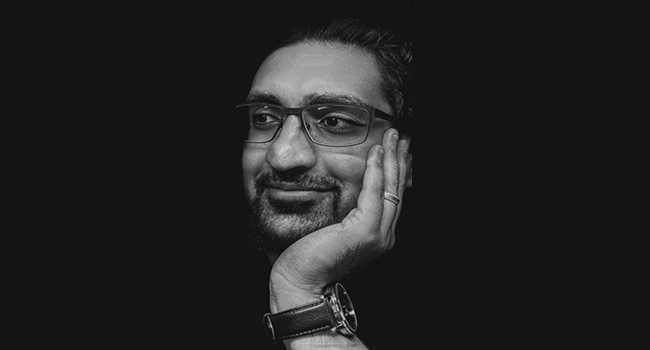
Mustafa Sakhi is a gifted clinical specialist currently working for the Thoracic Oncology group at Massachusetts General Hospital. He actively supports clinical trials and continuously strives to contribute to their growth. Mustafa is the perfect example of someone who would be considered extremely hardworking, determined, and perseverant.
I had the great pleasure of interviewing him, and we talked about his work, interests, and aspirations. With his phenomenal efforts and noteworthy contributions to the growth of clinical trials, he continues to be a source of inspiration for many.
Hi Mustafa. Can you tell me a little about your work experience as a clinical researcher?
Sure. I'm a clinical specialist for the Thoracic Oncology Group at Mass General Hospital. I work with various providers and investigators to help them achieve their research goals. My main Principal Investigator, Dr. Gainor, is the lead on several clinical trials with Pfizer, Moderna, Novartis, The Broad Institute, etc. My current role has changed over the years. I am now more inclined towards data analytics and data mining. I mine clinical data ranging from demographics to survival rates, treatment history, etc. I have co-authored over seven papers, most recently, CANVAX – where we looked at antibody and protein levels for all patients in the Cancer Center who received their Covid Vaccines.
What has your work taught you about the importance of clinical trials?
Projects like CANVAX proved that clinical trials and clinical research have a vital place in the cycle of medicine and its corresponding parts. It has become evident now that every drug and intervention ever invented is backed by scientific knowledge provided by thousands of people who volunteered to participate for clinical trials. If it weren't for the willingness of these people to come forward and sign up for clinical trials, we wouldn't have breakthroughs in medical knowledge, safe drugs, or effective treatment strategies. This invariably would have caused a great many to suffer.
All these medical advancements and new drugs have significantly improved the quality and longevity of life. Death rate has drastically fallen owing to medical achievements in the last half century.
Clinical trials allow us to continue questioning, innovating, and providing more feedback for current drugs and drugs that are coming down the pipeline.
Why do you personally think that clinical trials are important?
One of the many advantages of clinical trials is that they help us analyze what will and will not work in the human body. Unfortunately, as this cannot be done in a lab, there is more emphasis on getting reliable clinical data for clinical trials. As I have been working with data, I know how important it is to get genuine and authentic information from carrying out clinical trials in order for them to lead to valid and meaningful results. Clinical trials are the most important tool to discover new treatments for diseases. They help find new ways to detect, diagnose, and prevent disease.
Why did you choose this field of study?
Honestly, I sort of just landed here while I was doing my Master's Program. I studied Bioengineering which has a ton of research components when it comes to manufacturing and applying new pharma and biotech products.
What was your motivation behind your decision to work as a clinical researcher?
Ultimately I always had a strong sense of helping those in need. After our projects are completed, I feel a real sense of pride especially if our research can show something viable, tangible, and promising! Like our CANVAX project, we enrolled over a thousand patients and completed thorough blood tests throughout three months to fully understand Covid in cancer patients. As a result, we have had a real voice in this pandemic and it’s really cool!
What challenges are you facing as a clinical researcher?
The biggest challenges are honestly all the regulatory stuff. The collection of data, samples, and then analyzing all that is the easy part. Putting together a clinical trial is EXTREMELY time-consuming, costly, and there are so many different moving parts that it’s crucial to make sure that everyone is on the same page. I would say that’s the hardest – making sure we are compliant with all policies that apply to us. A ton of work on the backend to ensure a smooth trial.
What recent breakthroughs are you excited about?
One of my favorite breakthroughs that I read about was during the pandemic – that scientists were able to stimulate ACL (anterior cruciate ligament) growth using grafts. This goes hand in hand with my Master's degree. I specialized in Cell & Tissue Engineering so this was definitely up my alley. The approach involves placing a protein-based sponge prepared with some of the patient’s blood, between the torn ACL ends. The blood promotes the connection of the two ACL pieces to the sponge which ultimately connects them both.
